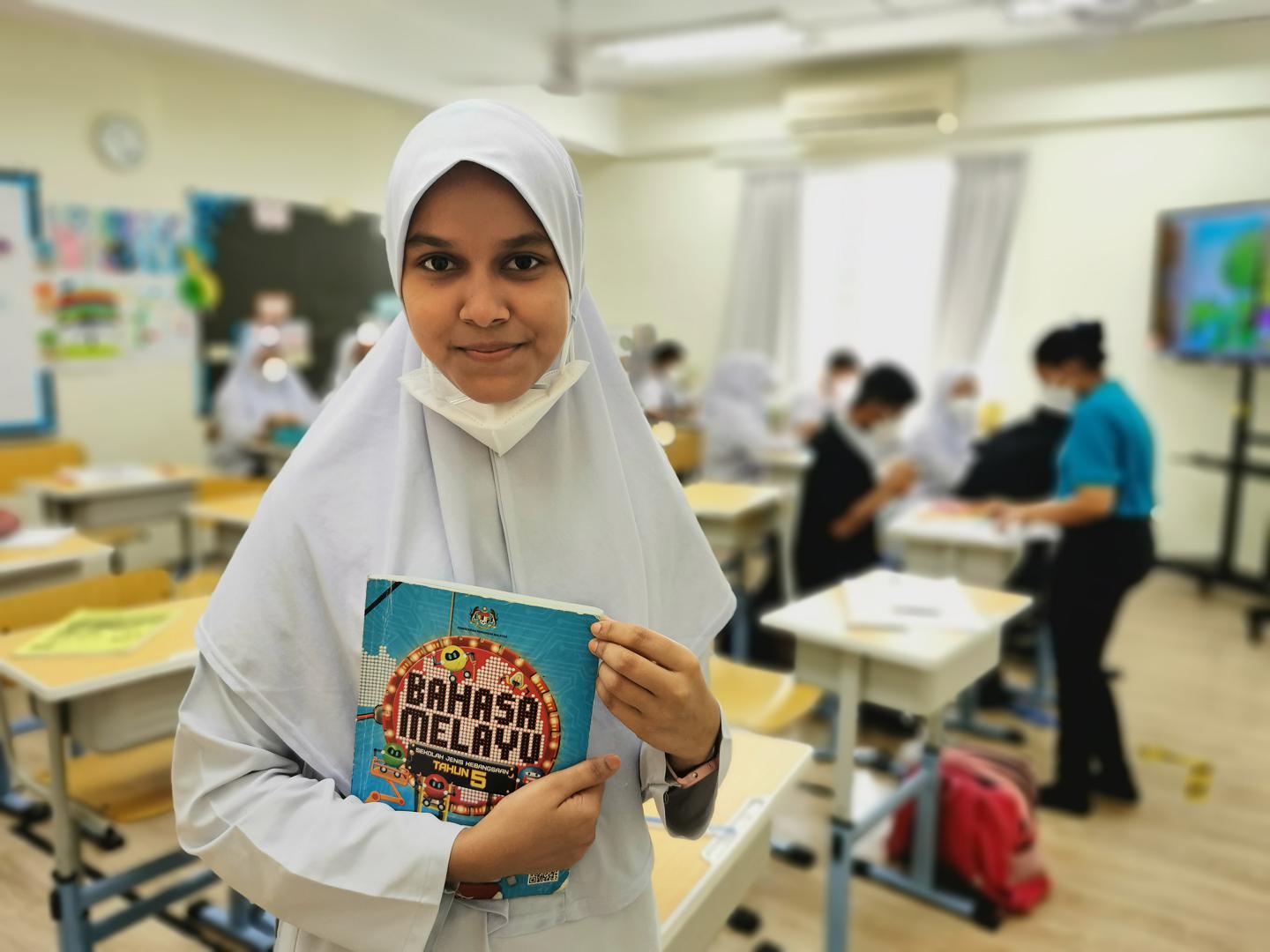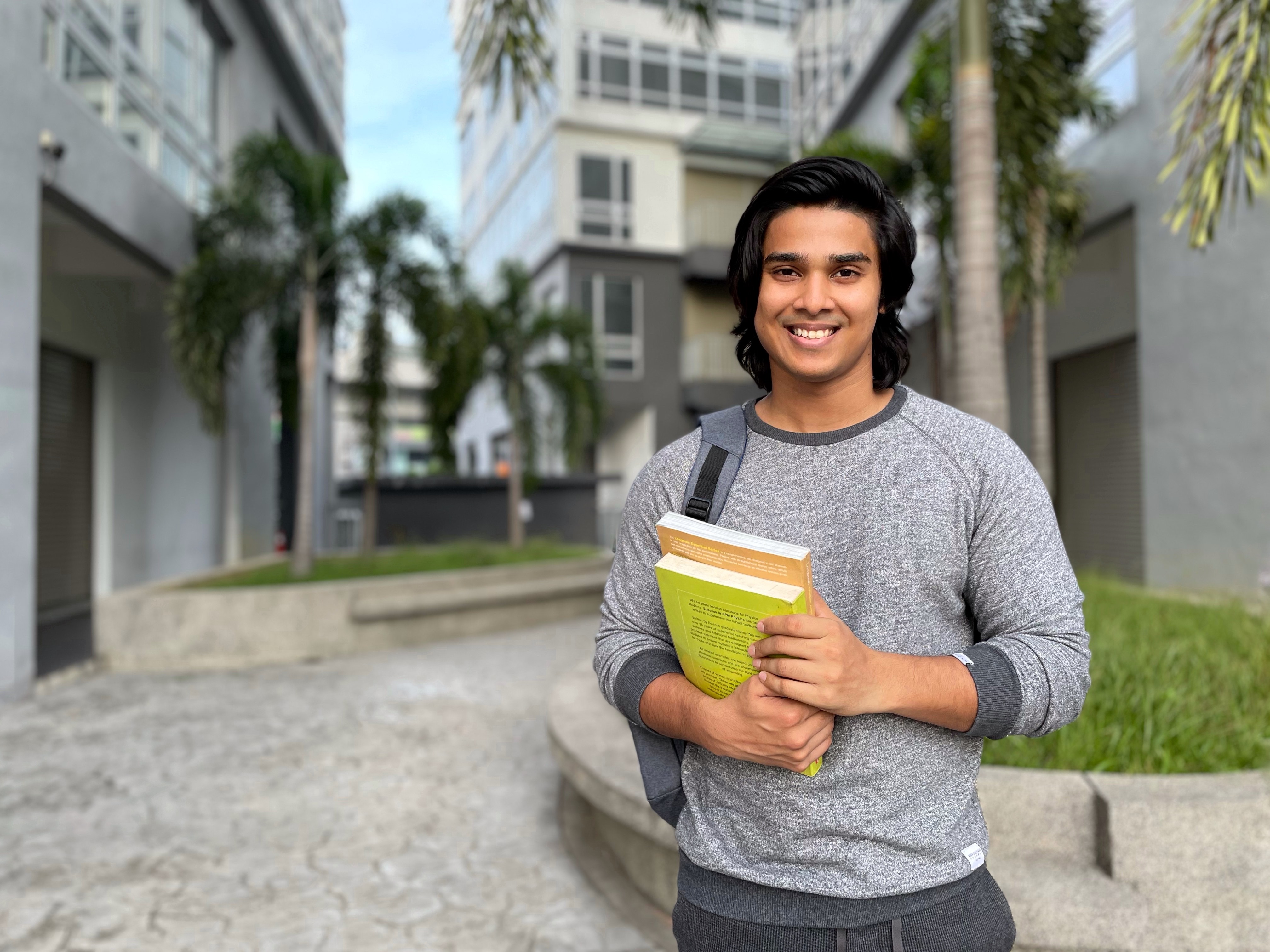Blessings of Ramadan

Blessings of Ramadan
THE holy month of Ramadan is a special time for Afghan refugee Shakira and her family. Though much has changed since they moved to Malaysia five years ago, they have continued to revere Ramadan like they did back home.
“We believe that during Ramadan, God’s rahmat, blessings, are offered to all human beings. We are all guests of Allah, and during Ramadan we believe we must do a lot of charity work. There should not be anger or hungry children. In Afghanistan, we collect money for needy people and give them food.
“During Ramadan, we also pray a lot. We do our prayers at the mosque, and after Sahur (pre-dawn meal) till the sun’s up,” says Shakira who cares for her aged parents, and three children, with her husband.
The breaking of fast is also an important Ramadan ritual, but Shakira says their meals are not lavish. As her parents have health issues, the trained nurse makes sure she serves up nutritious meals that not too oily or rich.
“For Ramadan, we like aash, a stew with noodles, beans and vegetables. It’s better to break fast with soft food as it’s easier to digest. For sahur, I make rice and vegetarian stews,” says Shakira whose plain descriptions of her healthy choices belie the deliciousness of the meals she and her mother make for their family every day.

Food is their inextricable link to their place of origins. No matter how different or strange their new environment is, at home they’d always be nourished by familiar comfort food. They have kept to family recipes that have been passed down through the generations, and traditions from home, such as always serving their guests tea and sweets to welcome them.
When they first arrived in Malaysia, Shakira and her husband were happy to eat the local food. But their children wanted only their mother’s food.
Her two older children prefer to eat home-cooked meals as they found local food too spicy and oily. They like rice and pasta, done the Afghan way.
“We boil the pasta, and then steam it with tomato sauce. Sometimes we use vegetables and beans, sometimes meat. My children love pasta. They could eat pasta every day, they never get tired of it,” shares Shakira whose favourite dish is her mother’s ashaak, steamed dumpling with vegetarian filling that is eaten with a lentil or meat stew, and yoghurt sauce.
Shakira learnt to cook from her mother, and they have started teaching her ten-year-old daughter too.
Now, Shakira is able to use her love for cooking to share Afghanistan’s favourite dishes through a home catering project that she started.
A few years ago when Shakira attended a training course run by UNHCR, the UN Refugee Agency, to help refugees be more self-reliant, she would sometimes cook for her coursemates. They told Shakira her food was delicious, and suggested that she start taking food orders.
Shakira then made the decision to quit her low paying job as a nurse in a private clinic. Using her home cooking skills, she started taking orders for catering, with her mother helping her.

Their most popular offerings are the children’s favourite Afghan dishes - bolani (turnovers with potato filling) and mantu (chicken dumplings). Their Qhabeli pilau and curry chicken are also popular.
These Afghan specialties are labour intensive; Qhabeli pilau and mantu are festive food that are served mostly during special occasions.
Shakira and her mother make everything from scratch in their sparse kitchen. Between tending to Shakira’s toddler daughter and taking orders on the phone, they execute the many tasks that go into preparing their specialty dishes.
They knead and roll out the dough to make the silky wrappers for the dumpling and the pastry casing for bolani. They fill and shape the dumplings in their distinctively Afghan design, and make the accompanying garlic yogurt and lentil stews.

To make the Qhabeli pilau, they fry onions, boil the raisins and grate the carrots that flavour the rice. They also cook the curry chicken to accompany the rice, with tomato paste, curry paste and grape vinegar. There is also a chopped mixed salad to to go with the pilau.
A year and a half ago, Shakira also started working with Picha Project, a Malaysian social enterprise that has opened up a broader market for refugee home cooks like her.
In this holy month, Shakira and her mother are busier than usual, fulfilling orders for Ramadan packages under the Picha Project, which consist of Qhabeli pilau, curry chicken curry, eggplant curry, mantu, bolani and salads.
“Some days, there are up to 12 orders; other days only one order,” says Shakira, who is most appreciative of Picha Project’s efforts to champion refugee cooks like her.
“We have been blessed this Ramadan. I have many catering orders, and my family is safe under one roof,” said Shakira.
“We are grateful.”

Every day, over 155,000 refugee men, women, and children in Malaysia work hard to be self-reliant, and rebuild their lives in safety and dignity.
In this month of giving, will you stand #HandInHand with refugees in Malaysia.
With your help, we can make sure vulnerable refugees in Malaysia receive the care that they need. Learn more here.









